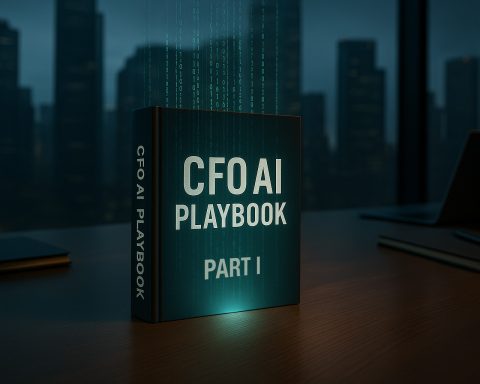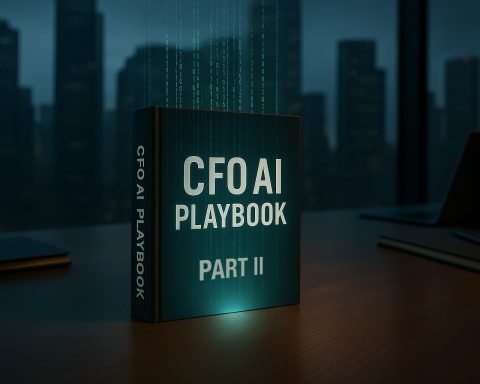Nonprofit organizations should consider strategic approaches to optimize their operations and reduce risk as they look to navigate the challenges of 2025. Balancing mission-driven goals with the realities of limited resources, regulatory requirements, and operational inefficiencies can be daunting. By leveraging external resources to assist with improving processes and procedures, enhancing accounting practices, and integrating advanced technology, nonprofits can streamline activities and amplify their impact.
Conducting a Business Process Improvement/Operational Review
An operational review involves a comprehensive evaluation of an organization’s processes, internal controls, and resources to identify inefficiencies, redundancies, and areas for improvement. Having a review performed by a qualified third party will assist a nonprofit organization with properly aligning its operations with its strategic goals—ensuring increased process efficiency and the optimal use of resources.
Benefits of an Operational Review
- Improved Efficiency: Identifying bottlenecks and implementing streamlined processes can save time and reduce costs.
- Enhanced Decision-Making: Gaining a clear understanding of your nonprofit’s operational strengths and weaknesses supports more informed decision-making.
- Risk Mitigation: Addressing gaps in compliance, financial management, or data security reduces exposure to risk.
- Increased Impact: Freeing up resources enables your organization to focus on mission-critical activities.
A qualified provider brings fresh perspectives, deep expertise, and proven methodologies to an organization’s operations, enabling them to uncover hidden opportunities and provide actionable recommendations to improve performance. By leveraging this expertise, nonprofits can identify and correct inefficiencies, create more sustainable processes, and reduce their overall risk.
Enhancing the Organization’s Accounting Function
Accounting and financial management are critical for nonprofit success. Outsourcing these functions to specialized providers can deliver significant advantages.
Benefits of Outsourcing an Organization’s Accounting
- Cost Savings: Hiring and training in-house accounting staff can be expensive. Outsourcing allows nonprofits to access skilled professionals at a fraction of the cost.
- Expertise: External providers stay up to date on the latest accounting standards and regulatory changes, ensuring compliance and accurate reporting.
- Scalability: Outsourced solutions can adapt to your organization’s needs as it grows or during periods of fluctuating activity.
- Focus on Mission: By outsourcing routine financial tasks, nonprofits can direct more energy toward their mission.
Outsourced accounting practices can encompass bookkeeping, payroll, and accounts payable functions. Improving these processes by leveraging the experience and expertise of an outsourced provider will reduce a nonprofit’s errors, enhance its financial transparency, and provide it with access to advanced accounting tools without requiring substantial investments.
Leveraging Technology: AI to Enhance Efficiencies
Artificial intelligence (AI) has become a powerful tool for nonprofits, enabling them to optimize operations, improve decision-making, and expand their impact. AI technology can assist in multiple areas, from fundraising and donor management to program evaluation and administrative tasks.
Applications of AI in Nonprofits
- Automating Repetitive Tasks: AI-powered tools can handle routine administrative functions such as data entry, scheduling, and donor correspondence, freeing up staff time.
- Predictive Analytics: AI can analyze historical data to forecast fundraising trends, donor behavior, and program outcomes, enabling more effective planning.
- Personalized Engagement: Chatbots and AI-driven communication platforms can provide donors and stakeholders with timely, tailored interactions, enhancing relationships.
- Improved Reporting: AI tools simplify the process of creating reports, ensuring accuracy, and saving time.
For example, AI platforms can analyze donor patterns to identify the best times to solicit donations or predict the likelihood of recurring contributions. Additionally, AI can streamline volunteer management by automating scheduling and tracking participation.
Embracing technology requires an initial investment in tools and training, but the long-term benefits often outweigh the costs. Nonprofits that integrate AI into their operations can achieve greater efficiency, transparency, and scalability.
Conclusion
By taking advantage of the benefits associated with leveraging external resources, nonprofits can effectively address inefficiencies, minimize risks, and position themselves for greater success. Operational reviews help clarify organizational challenges and opportunities, enhanced accounting practices ensure financial health, and AI-driven solutions open doors to innovation and scalability. These approaches not only strengthen internal processes but also empower nonprofits to focus more effectively on their mission, making a meaningful impact in the communities they serve.
For more information, please contact Brian Sackstein, Partner and Leader of Anchin’s Not-For-Profit Group, or your Anchin Relationship Partner.






















